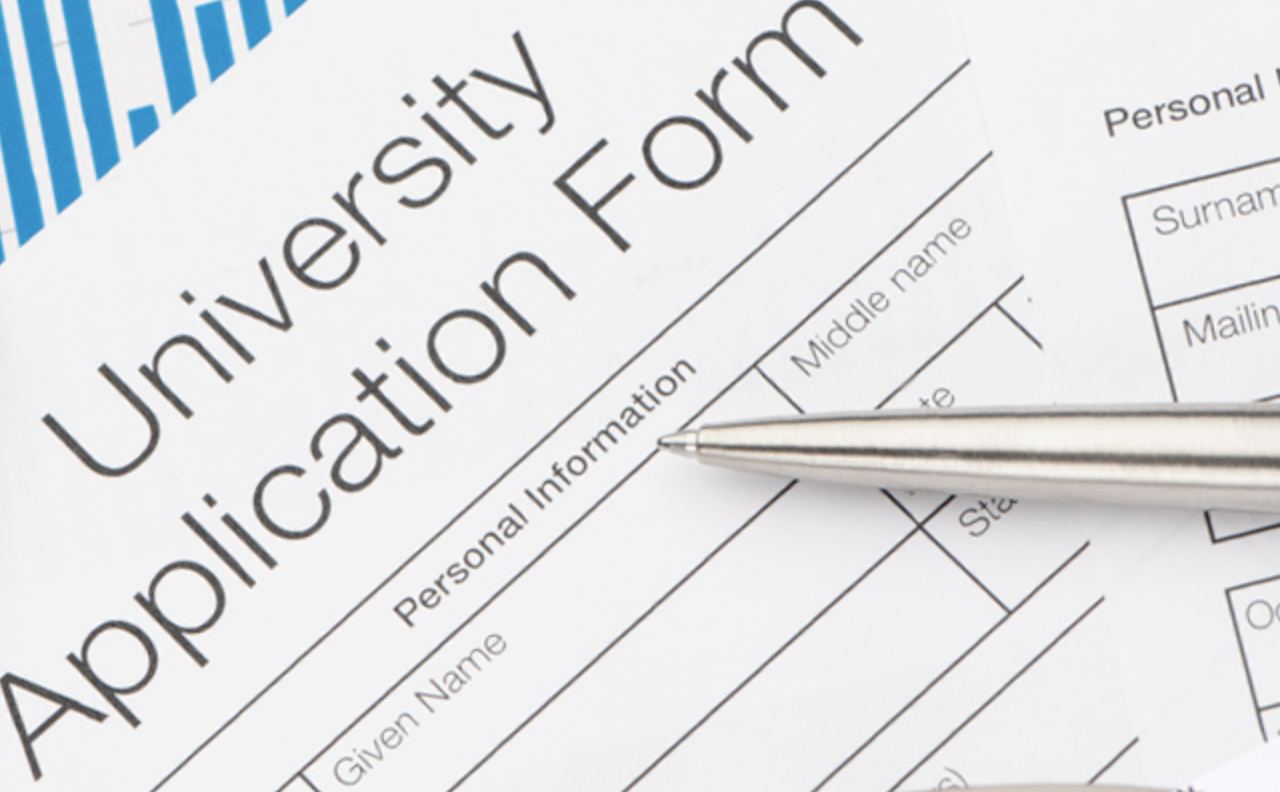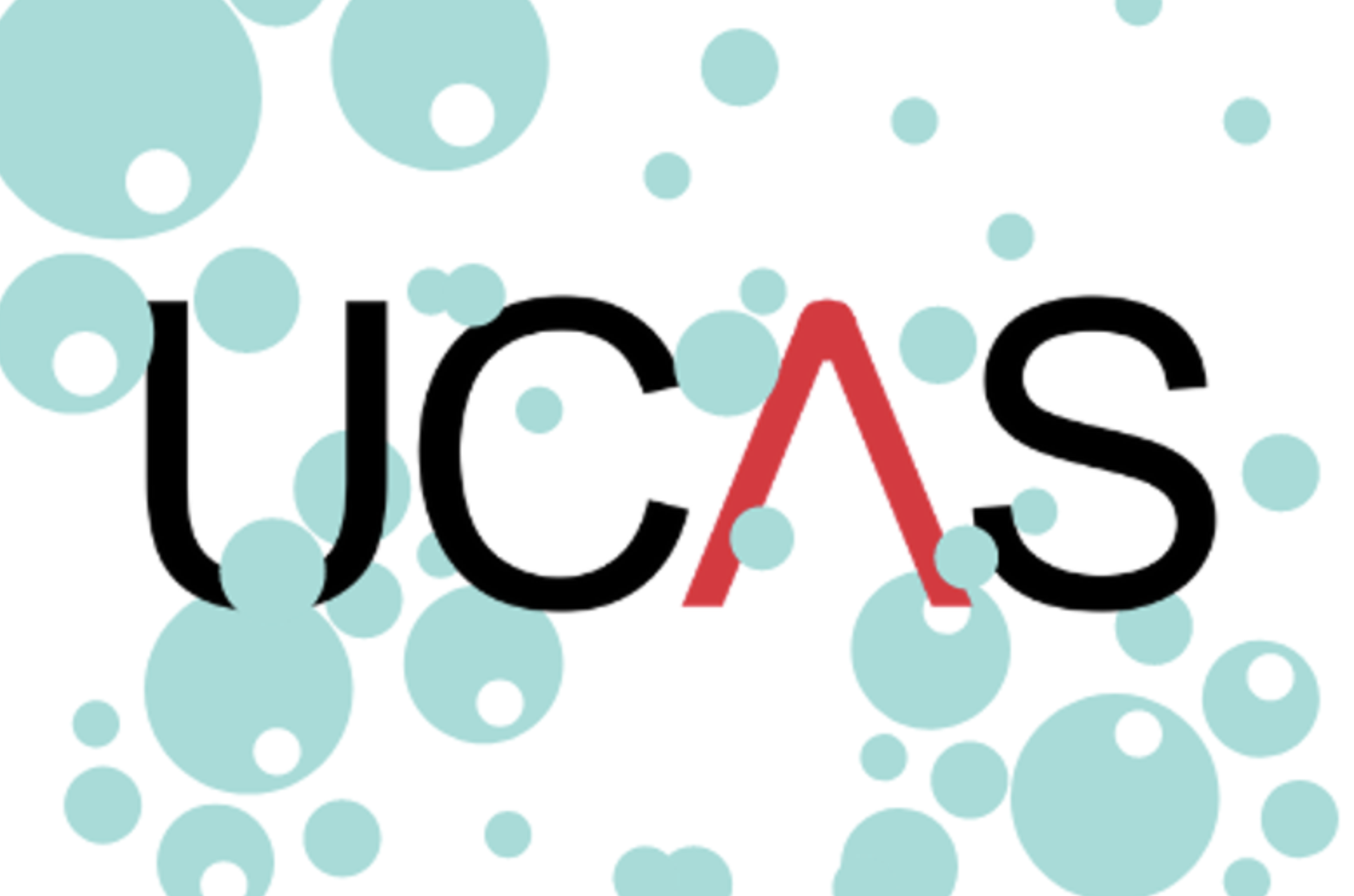Fully Managed Service
UK undergraduate application
Preparation of application materials
Let's start with the preparation of the most basic application materials. The list of application materials for undergraduate and postgraduate applications in the UK is basically the same, mainly including the following:
1. Application Form
All undergraduate applications to UK universities are required to specify the application form and submit it. The application is the basic information of the applicant, generally online, to ensure that the information is accurate. After the quality version of the application form, submit the electronic version of the scanned copy.

2. Transcripts and academic certificates
Applicants need to submit corresponding transcripts according to their own circumstances. For undergraduate applications, high school transcripts or preparatory transcripts are required; for postgraduate applications, domestic undergraduate transcripts are required. In addition, if you are applying for a British undergraduate degree with the results of the college entrance examination, you also need to prepare the college entrance examination transcript. Under normal circumstances, the transcript requires both Chinese and English versions, and the official seal of the school is required. The second is the degree certificate. Generally, students who have graduated only need to provide a graduation certificate or a degree certificate. Students who have not yet graduated need the school to issue relevant proof of study. Like transcripts, academic certificates must be in Chinese and English, and stamped with the official seal of the school. Note that it is best to use a sealed folder when sending transcripts and academic certificates. If the school's official website requires, the school's official seal can be affixed to the seal of the folder.
3. Standardized test scores
Standardized test is a hard indicator for studying abroad, mainly in two categories: language and academic. Language scores are necessary materials for undergraduate and graduate applications. UK universities generally accept IELTS and TOEFL scores. However, due to the epidemic, many schools have relaxed the requirements for language scores and began to accept other language test scores such as Duolingo. In addition to language, applying for a British undergraduate program generally requires a preparatory course and submission of preparatory grades or A-level scores. Of course, if the university you are applying to can apply directly using the results of the college entrance examination, you do not need to take a preparatory course. For postgraduate applications, a small number of top institutions in the UK may require GRE or GMAT scores, but this is not common. In this regard, the United Kingdom and the United States are quite different. When applying for medicine, some universities need to submit the results of the UK Clinical Aptitude Test (UKCAT) and Biomedical Admissions Test (BMAT). It is recommended that you check the detailed requirements on the school's official website before preparing to apply.
4. Self-Statement Materials
Personal Statement (referred to as PS). Generally, schools will require applicants to write a declarative essay about themselves, and the purpose is to use this essay to understand your work-study ability. This is a very important reference for admissions officers when evaluating application materials.
5. Recommendation letter
British universities generally require applicants to provide 2 letters of recommendation, and some universities only need to submit 1 letter (specifically, the official website of the school shall prevail). The recommender should be someone who is very familiar with the applicant, has a certain reputation or voice, preferably a teacher, professor or leader at work who has taught you. Because British universities pay more attention to academic background, if the applicant does not have much work experience, it is best to choose teachers or professors as recommenders. The school generally requires the recommender to send a letter directly to the school's designated enrollment email address to ensure authenticity. Of course, you can also attach the paper letter again when the materials are sent.
6. Other materials
- Work certificate or CV
- Award certificate
- Portfolio

How to apply for an undergraduate degree in the UK
The undergraduate application in the UK is a bit different from other countries. Generally, it is not possible to apply independently, and the application needs to be submitted through the UCAS system. UCAS refers to the abbreviation of Universities and Colleges Admissions Service, which is the "University and College Admissions Service", which is the unified application service for British universities. To put it simply, it is similar to our college entrance examination system in China. After taking the college entrance examination in China, students need to apply for university volunteers, and UCAS is the application system for students to apply for British universities.

Undergraduate Application Timeline
Applications may be adjusted each year, but the time period is roughly the same. Next, let's take a look at the timeline of the UCAS undergraduate application:
January to March:
To fully understand the UK universities and majors, the most important thing is to understand your own level and the preferences of students enrolled in each school, and then negotiate with the intermediary to determine the school. You can also choose to DIY by yourself, but on the basis of understanding your own level, don’t overestimate your execution ability. After all, the application procedures for studying abroad are cumbersome, and many application information is not transparent, so you must rationally analyze whether you have the ability to DIY, and don’t waste time. Slightly.
March to September: Prepare for the language test, improve your standardized test scores, enrich your study life, internship experience, etc., to make your documents look better. If you don’t know how to polish it, you can find a teacher who has experience studying abroad. Language tests include IELTS, TOEFL, and Lens test, etc. There are many choices, and everyone can choose the one that suits them. After thinking about the school you want to go to, you need to prepare the application materials, including CV resume, application documents, recommendation letters, English transcripts, English version of graduation certificate and degree certificate, etc. (see the above material preparation list).
August to November:
Begin to apply for schools. The earliest application starts from August. Submit applications to British universities, issue transcripts and proof of reading and other materials, and take IELTS and other tests. At this stage, it is necessary to grasp the time of submission. From August and September to the period before Christmas, there are the most schools and majors to choose from, and the most admission places are given, but the competitiveness during this period is also the greatest. Students who have not submitted applications during this period should not worry. There will be application time one after another, and the competitiveness is much smaller, but the corresponding admission quota will also be reduced a lot. Therefore, it is very important to grasp the application time.
December:
During this time, some students may still be applying, and some students may have already received an offer from a British university. However, there are two types of offers from British universities. If you fail to pass the IELTS, you will receive a conditional offer (conditional admission notice) and other IELTS scores that pass, and then submit it to the school, which will be replaced by an unconditional offer (unconditional admission notice).
From January to March of the following year:
During this period, students can take a good rest and wait for the British universities to review the materials. If the IELTS is not passed, or students who are not satisfied with their scores can continue to score. At the same time, it must be noted that this is the last application time at this stage. If you miss this time, you can only wait for the next time.
March to May of the following year:
After receiving the school's CAS (British University Electronic Admission Notice), you can bring your own materials to apply for a visa.
Next July:
If no offer is received at this time, students can use the Clearing system opened on the day to apply again if there are still places in each university's professional courses. Clearing is a supplementary admissions system that is used by students who have been rejected for all their voluntary applications and who have not been admitted in the Extra Application Stage.
This stage is from July to September every year. The university will announce the majors that still have vacancies on the website. Students need to contact the school by themselves, and the school will ask for personal information and grades. If it is considered that the admission conditions are met, the school will give an oral offer. The student can then log in to the UCAS Clearing system, fill in the school's information into the system, and wait for the school to review the written materials. If the review is passed, the student can get the university's Offer, Formal admission. Once you receive your final offer of admission, you can start applying for a visa.
How to apply for postgraduate
Studies in the UK Compared with undergraduates, applying for postgraduates in the UK is much more free, mainly through self-application, and submitting applications directly to the university admissions office. Therefore, in addition to the basic time line, applicants are more required to pay attention to the opening hours and deadlines for postgraduate applications of various majors in each school.

Graduate Application Timeline
March to June:
During this period, students are required to determine their target colleges and majors, and prepare for the relevant entrance examinations in advance, so as to achieve the scores required by the ideal school. If the language foundation is weak, it may be necessary to start preparations earlier.
June to July:
This period is mainly to prepare relevant materials such as language exams, proof of reading, transcripts, etc. All materials need to be prepared in translation, including PS, transcripts, graduation certificates, language scores, letters of recommendation, etc.
July to September:
If you are not satisfied with the existing language scores, you can prepare a second brush during this time. At the same time, the online application for postgraduate students in UK universities has been opened one after another. If you have prepared all relevant materials, you can start to apply.
September to April of the following year:
Cooperate with the online application, send paper application materials, follow up the application progress, and wait for the school to feedback the results, follow up the progress, and decide whether to accept the offer within the specified time. Students whose language scores do not meet the standard will continue to score points, and start to prepare for the freezing of deposits and other funds required for the simultaneous application of visas.
April to June next year:
If the language scores are still not up to the standard, apply for language courses and accommodation as soon as possible according to the conditions given by the Offer; if the language scores meet the requirements, you can obtain the final admission notice and pay the deposit according to the school's requirements to ensure the reserved place (note that the submitted before the Deadline)
From June to August of the following year:
After getting the CAS Letter issued by the school, that is, the admission confirmation letter, submit the visa application, book the flight ticket, and make preparations before the trip.
From August to September of the following year:
Get a visa and study in the UK.

 CN
CN

 Tel:+44 (0)20 8501 2034
Tel:+44 (0)20 8501 2034 Cooperation Email:info@osmeuk.com
Cooperation Email:info@osmeuk.com WeChat:OSMELTD
WeChat:OSMELTD Address:UCL BaseKX, 103c Camley Street, King's Cross, London, United Kingdom,N1C 4PF
Address:UCL BaseKX, 103c Camley Street, King's Cross, London, United Kingdom,N1C 4PF
